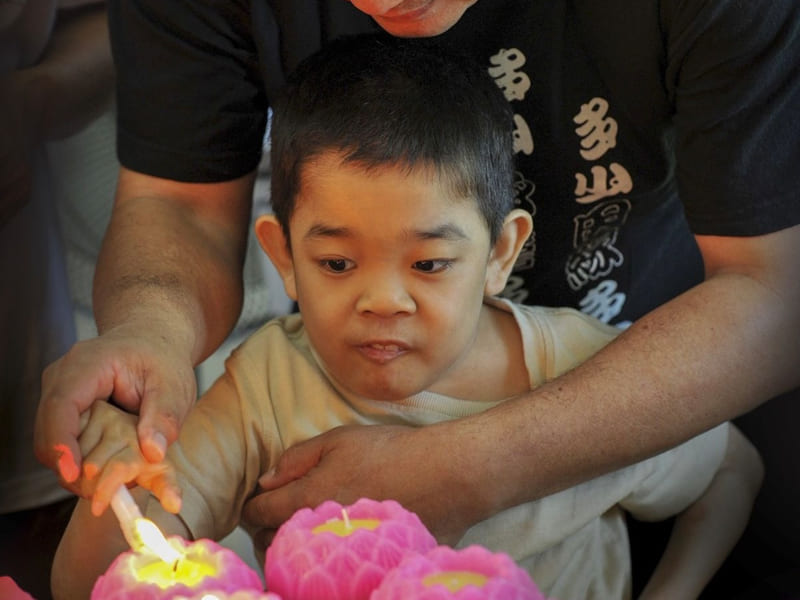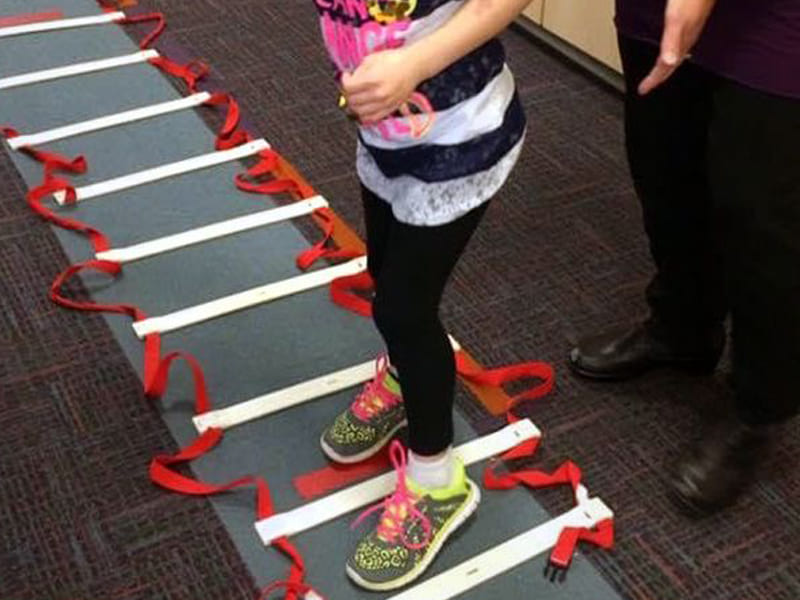

Our ROBOTICS Neuro Physiotherapy department is equipped with state-of-the-art technology to cater to patients with neurological challenges
The sooner you begin rehabilitation, the more likely you are to regain lost abilities and skills. It's common for NEURO rehabilitation to start as soon as 24 to 48 hours after your condition get stable, while you're in the hospital.
How long you need rehabilitation depends on the severity of your neuro condition and related complications. Some neuro disease survivors recover quickly. But most need some form of long-term rehabilitation. This could last for possibly months or years.
Your rehabilitation plan will change during your recovery as you relearn skills and your needs change. With ongoing practice, you can continue to make gains over time.
Recovery varies from person to person. It's hard to predict how many abilities you might recover and how soon. In general, successful rehabilitation depends on:
The rate of recovery is generally greatest in the weeks and months after a neuro condition. However, there is evidence that performance can improve even 12 to 18 months after a acute phase.
Neuro rehabilitation is a program of different therapies designed to help you relearn skills lost after a neuro condition acounter. Depending on the parts of your brain & nerveous system affected by the condition.. rehabilitation can help with movement, speech, strength and daily living skills. neuro rehabilitation can help you regain independence and improve your quality of life.
There’s a wide range of complications from neuro condition — and how well each person recovers afterward. Researchers have found that people who participate in a focused NEURO rehabilitation program perform better than most people who don't have rehabilitation. Therefore, neuro rehabilitation is recommended for all people affected by neuro conditions.
Welcome to a realm of cutting-edge healthcare where innovation meets compassion. For the first time ever in the gujarat regions, Physiofit has introduced the groundbreaking technology of Robotic Exoskeletal for both the upper and lower limbs in case of neurological conditions!
At Physiofit's Department of Neurorehabilitation, we believe in not just helping people but empowering them to regain their functional independence and creating a supportive environment where patients can regain strength, mobility, and confidence.
Our NeuroPhysiotherapy department is equipped with state-of-the-art technology to cater to patients with neurological challenges.
Robotics in rehabilitation can be programmed to tailor treatment plans according to the specific needs and capabilities of each patient. This personalized approach ensures that therapy targets are appropriate and achievable for individual patients, optimizing their recovery outcomes.

Robotic devices can provide precise measurements of a patient's movements and progress over time. This data allows therapists to track improvements objectively and adjust treatment plans accordingly, leading to more effective rehabilitation strategies.

Robots can deliver therapy with a high degree of consistency and reproducibility, ensuring that patients receive standardized treatment protocols. This reliability minimizes variability in therapy delivery, leading to more predictable outcomes.

Robotic rehabilitation devices incorporate interactive elements such as games and virtual reality interfaces to engage patients during therapy sessions. These gamified approaches can enhance motivation and adherence to treatment programs, making rehabilitation more enjoyable and promoting better outcomes.

Robotics enable early mobilization of patients, even in the acute phase of injury or illness when traditional therapy may not be feasible. By initiating rehabilitation sooner, robotic devices can facilitate faster functional recovery, prevent secondary complications such as muscle atrophy and joint contractures, and improve overall patient outcomes.

its brain’s ability to reorganize itself by forming new neural connections when the specific movements performed repeatedly. So here Robotic rehabilitation harnesses the principles of neuroplasticity to facilitate neuroplasticity and to promote recovery and functional improvements in individuals with neurological conditions or injuries.

A) INTRO: E HELPER FOR NEURO PHYSIOTHERAPY FOR LEGS & GAIT
Experience India's Most Advanced E-Helper AT PHYSIOFIT ROBOTIC NEURO REHAB CENTER RAJKOT– The Exoskeleton from Russia! This unique robot doesn't just assist in walking; it guides patients through sit-to-stand, walking, lunging, stair climbing, and turning.
B) WHO WILL BENEFIT FROM “EXOREHABILITATION:
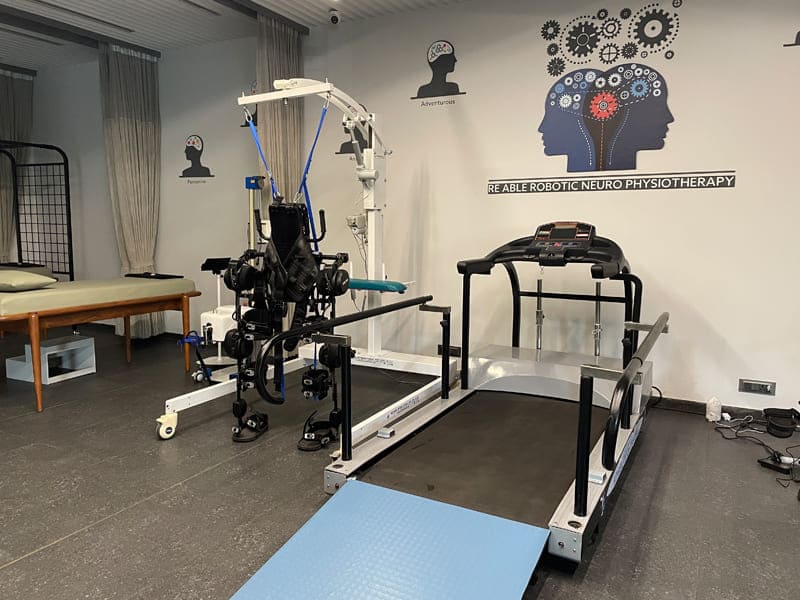
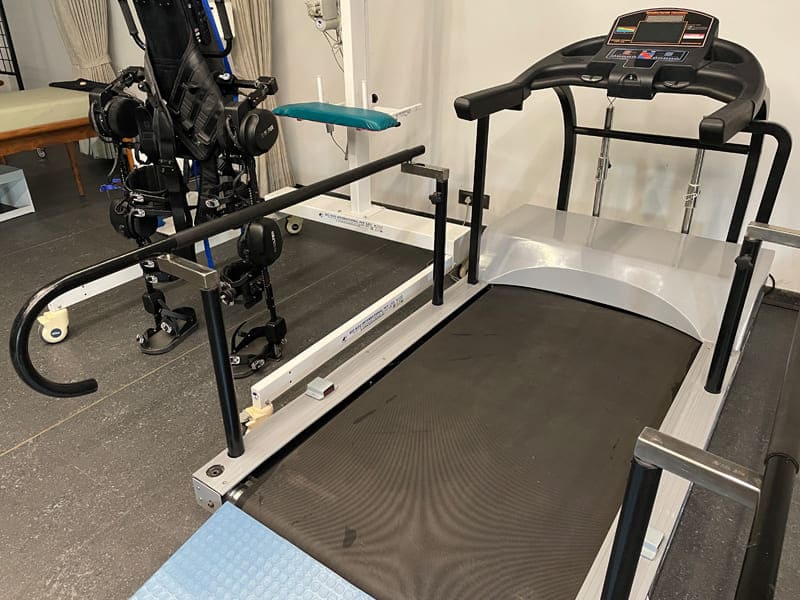
A) ROBOTIC MOBI-L is India’s first patented shoulder, elbow & wrist robotics solution AT PHYSIOFIT ROBOTIC NEURO REHAB CENTER RAJKOT– This unique robot doesn't just assist in MOVEMENTS; it guides patients through MOVEMENTS, and it evaluate, assist, strengthen and engage patients with analytical representation of their performance. Mobi-L is powerful rehab companion, offering 20-plus exercises designed to enable full recovery.
B) ROBOTIC ARMABLE: armable is a game based bilateral passive- assisted-active movements robotic therapy device that augments movements in patients. performing high repetition and high intencity active exercises to train functional movements of shoulder-elbow-wrist with armable, assist the brain to rewire itself thus helping build new neural connection in the brain as a result of neuroplasticity.
WHO WILL BENEFIT FROM SHOULDER-ELBOW- WRIST ROBOTIC REHABILITATION:
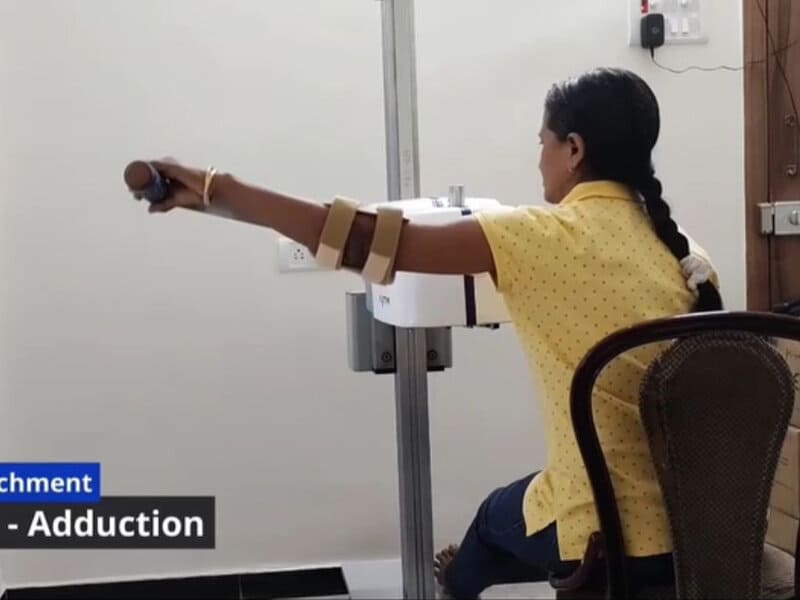
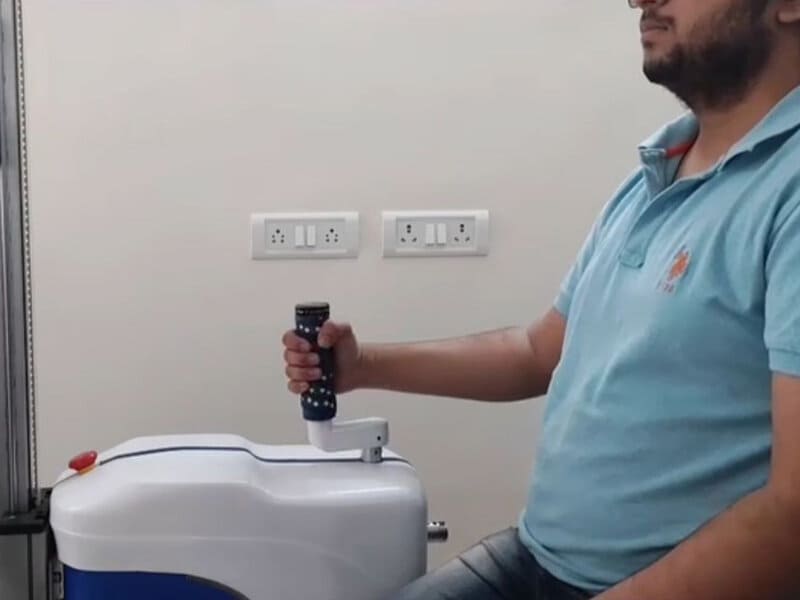
This robotic exoskeleton is for finger and wrist rehabilitation training. It works with real-time simulation of human finger and wrist movement rules. Composite passive training is available for single fingers, multiple fingers, all fingers, wrists, fingers and wrists. In addition to it also has virtual games, query and printing function. Patients can perform comprehensive rehabilitation training in a computer virtual environment with the help of robotic exoskeleton. It help to improve the motor control, strength, and function of wrist & fingers & beneficial effect on excessive muscle tone or spasticity and pain. It positively affect the patient’s progress, regardless of the rehabilitation stage. It have a comparable superior impact on the rehabilitation progress compared to the traditional approaches.
WHO WILL BENEFIT FROM SHOULDER-ELBOW- WRIST ROBOTIC REHABILITATION:
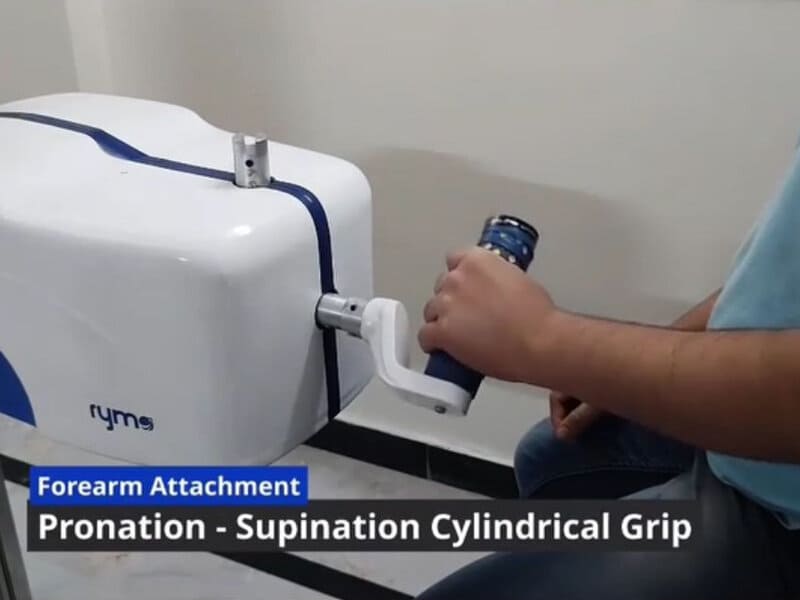
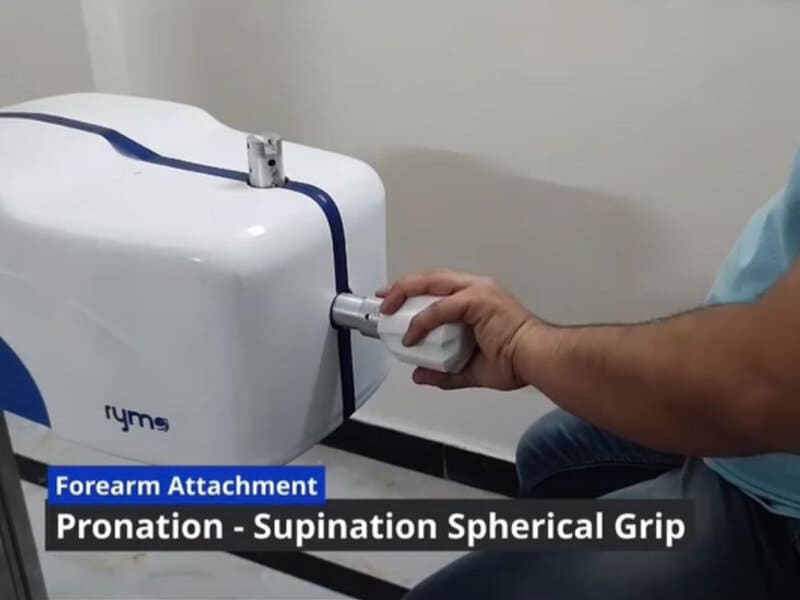
AI DRIVEN VR SYSTEM FOR REHABILITATION. At Physiofit robotic neuro rehab , we provide AI driven virtual reality (VR) treatment in the rehabilitation of patients with various medical conditions, such as stroke, Parkinson's disease, and mental and psychological disorders. This immersive technology facilitates patient rehabilitation by improving motor skills and balance. The neurobiological effects of virtual reality on neuronal plasticity have been shown to result in increased cortical gray matter volumes, higher concentration of electroencephalographic beta-waves, and enhanced cognitive performance.
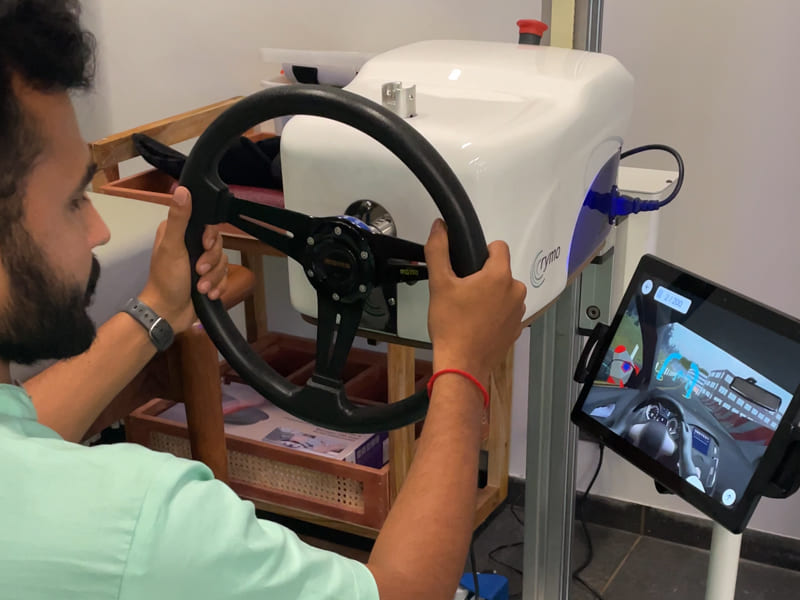
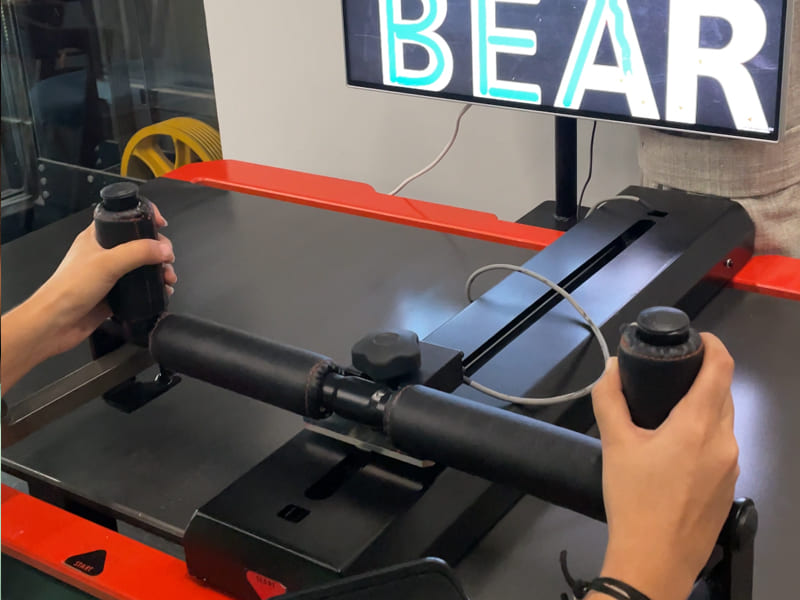
Matrix Rhythm Therapy (MRT) is an advancement in physiotherapy that uses the basic concept of vibration and massage. This treatment helps to activate and balance the normal physiological vibrations of the skeletal muscles and nervous system. During the state of disease condition where there is swelling, inflammation, tightness, or spasticity cells do not get enough oxygen to produce energy leading to further contraction of tissue and muscle, restricting the movement and causing pain. MRT reactivates the cell metabolism and normalizes the physiological process of cells by improving the oxygen supply by improving the microcirculation thereby improving the energy production causing the relaxation of tissue, muscle, and fascia.
WHO WILL BENEFIT FROM MRT?
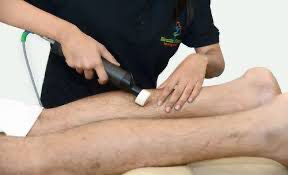
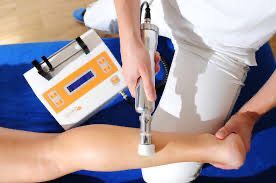
PHYSIOFIT Neuro Gym created a neurological gym program for the recovering brain and nervous system in case of neurological patients. This requires active patient involvement and intensive training. This evidence-based approach allow patients to take action in their own recovery. Whenever possible, the patient, not the therapist, initiates movement, which can help rewire the brain and speed up recovery. When patient-initiated movement is challenging, we use our innovative techniques and tools to help enable motor recovery when it would otherwise be difficult or impossible to accomplish under the experienced physio neuro gym trainer. This focus on functional activities like sit to stand, stair climbing, walking and upper limb activities.
WHO WILL BENEFIT FROM NEURO GYM?


“TIA usually refers to a ‘mini stroke’ where there is a brief disruption in the blood supply to the brain causing a temporary loss of brain function. Symptoms of a TIA often mimic that of a stroke. “Goal of physiofit is to provide intensive, individualized rehabilitation program to rebuild the person’s temporary loss functions.
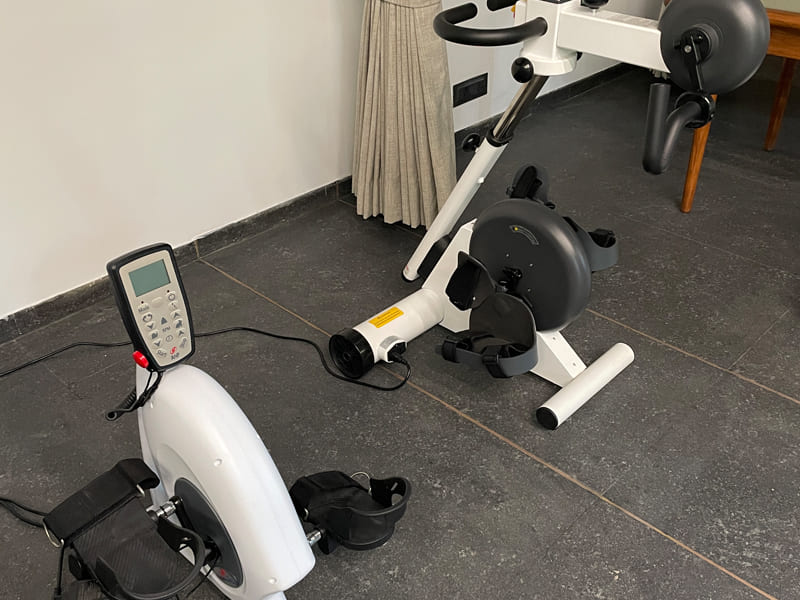

Stroke known as a cerebrovascular accident is a result into paralysis of one side or part of the body which lead to poor function of that body parts. Physiotherapy applied early in the patient journey will improve, function, health, and independence. Goal of physiofit is to provide intensive, individualized rehabilitation program to rebuild the person’s quality of life.
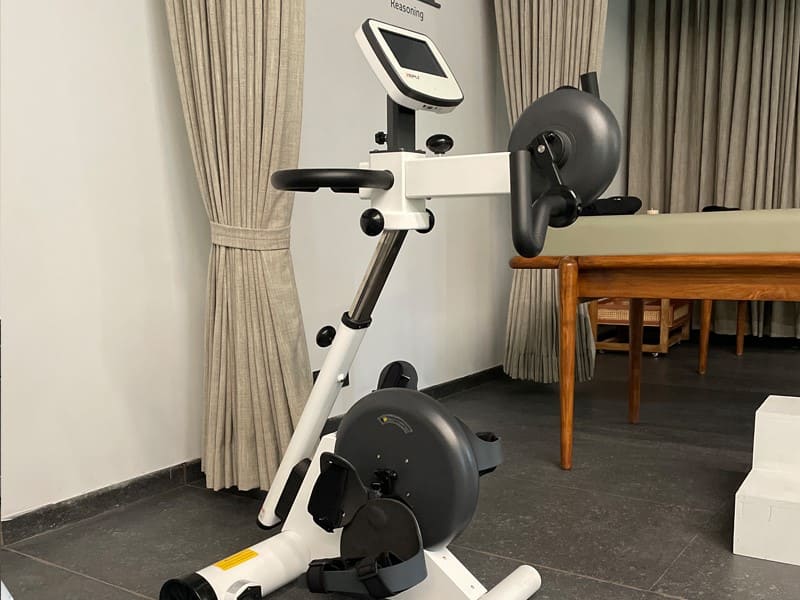
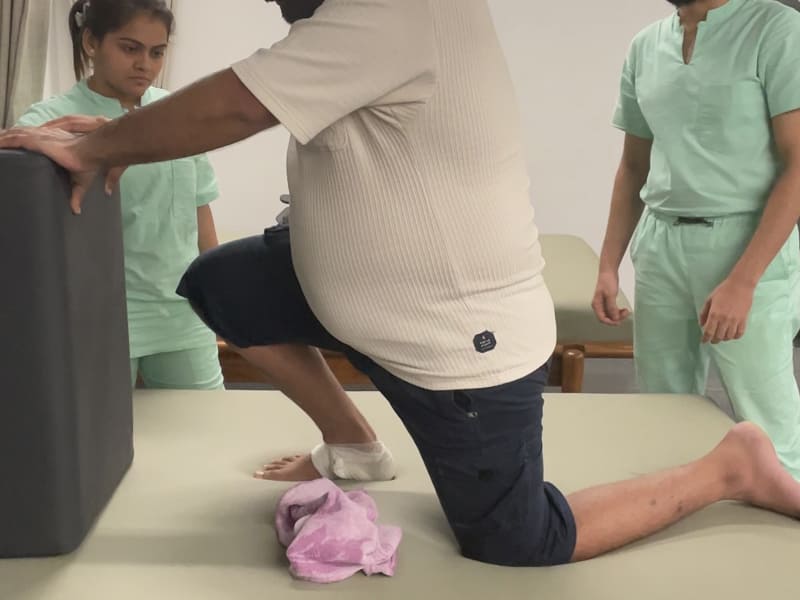
Rehabilitation goals for patients with spinal cord injury are to assess and identify mechanisms for reintegration into the community based on the functional level of cord injury and daily needs. The specific protocols for patients is highly dependent on the level of cord injury. However, we work on the six major impairments in patients which include: Strength, Contractures, Motor skill, Fitness, Respiratory function & Pain.
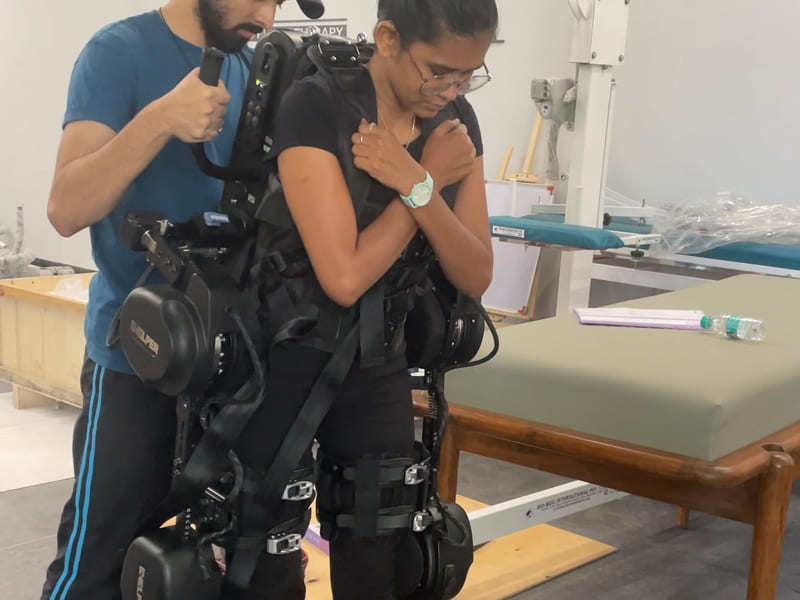
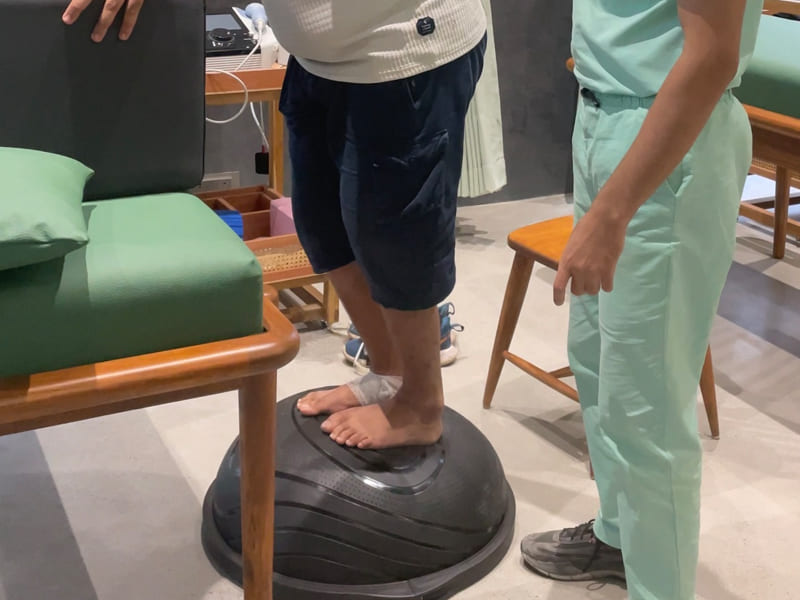
Most people who have had a significant brain injury will require rehabilitation. They may need to relearn basic skills, such as walking or talking. The goal of physiofit is to improve their abilities to perform daily activities. Physiotherapy usually begins in the hospital and continues at an inpatient rehabilitation unit, a residential treatment facility or through outpatient services at physiofit. The type and duration of rehabilitation is different for everyone, depending on the severity of the brain injury and what part of the brain was injured.
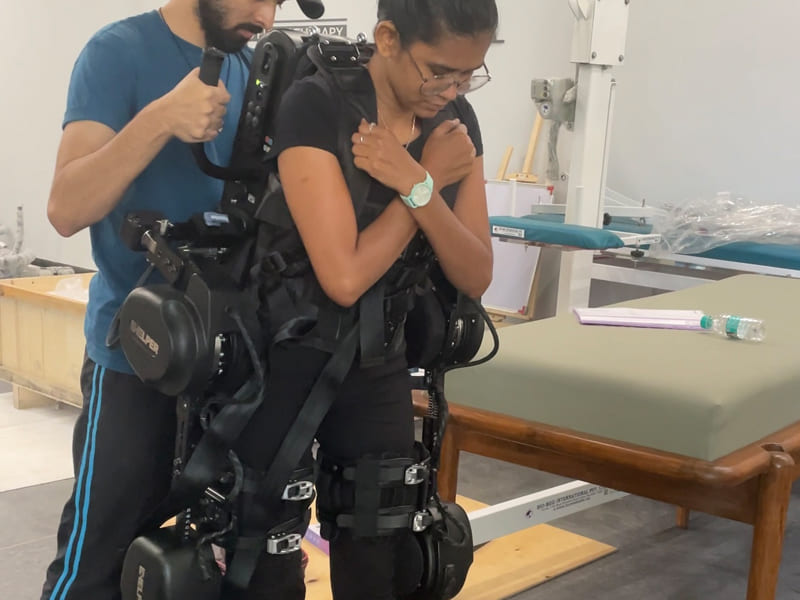
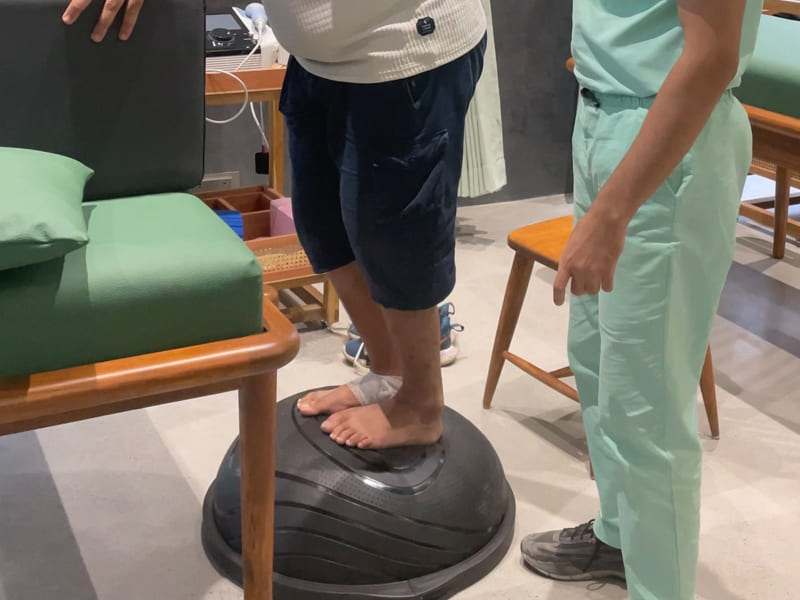
GBS is a disease in which the peripheral nerves (those outside the brain and spinal cord) become inflamed and stop working. This causes weakness of the muscles in the arms, legs, face and those responsible for breathing.
Physiofit robotic neuro rehab provide rehabilitation for patients after discharge from hospital. We aim to maximise your potential to make a full recovery. Recovery times are variable ranging from two weeks to two years. Some individuals may never return to their full previous level of function. Our physiotherapists also provide gym based rehabilitation programmes along with physiotherapy rehab to achieve your goals like
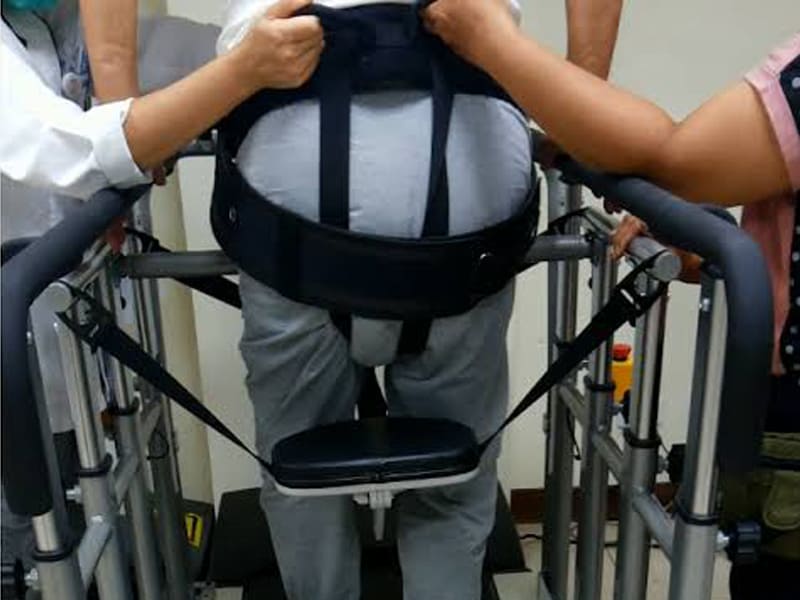
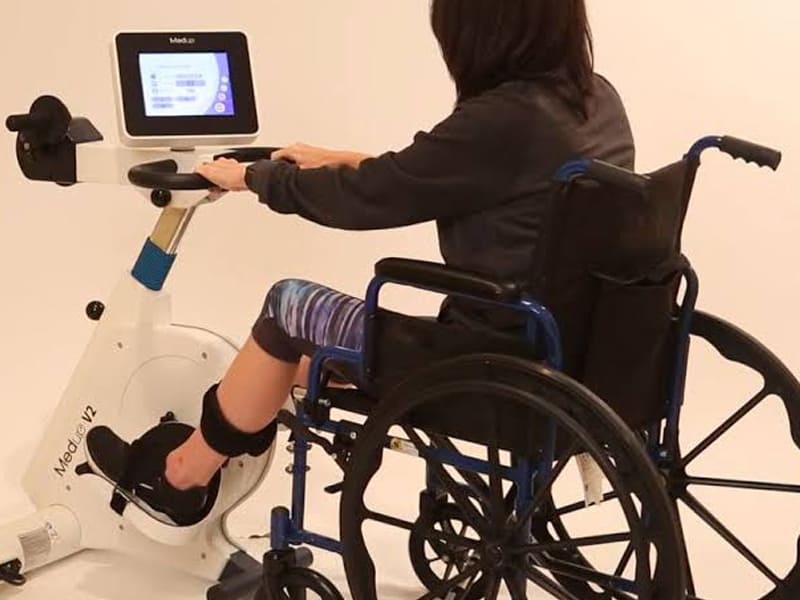
As with most neurological disorders, our treatments focus not on the disease itself but on the symptoms. What exercises can lessen the severity of the symptoms? What strategies can lessen their impact on overall quality of life?
The four main symptoms of Parkinson’s Disease are:
These, therefore, are the targets & goal of physiofit robotic neuro rehabilitation team to work on it with physiotherapy & gym based rehabilitation to improve overall quality of life.
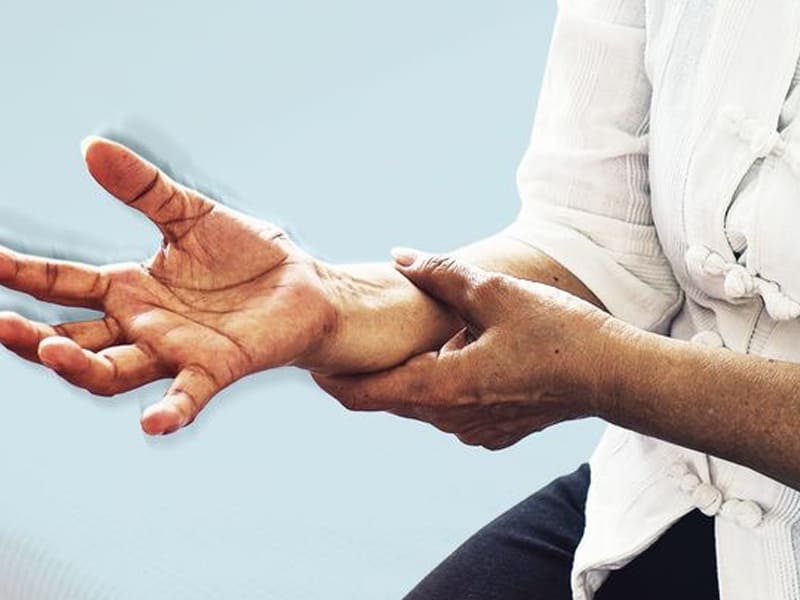
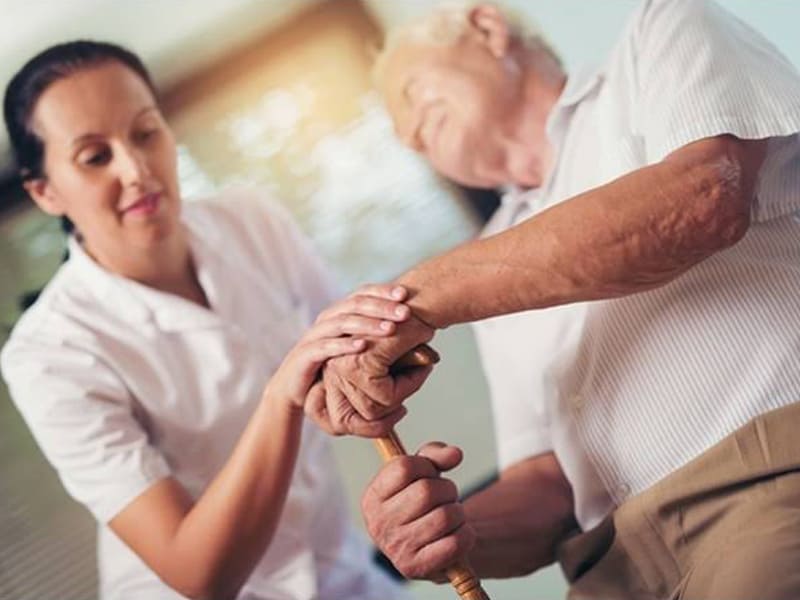
This disease is the most common form of dementia, a degenerative, incurable condition affecting the brain. The disease is characterised by death of brain cells and altered transmission of nerve impulses.
Physiofit robotic Neuro rehab can provide treatment and support for people with Alzheimer's disease no matter what stage of their condition in order to maximise quality of life and independence for as long as possible. So our rehab protocol aims to improve or maintain muscle strength, to maintain range of movement, Balance exercises to prevent risk of falls & Provision of mobility aids and equipment to keep people as active and safe as possible and giving support to families.


ALS is rapidly progressive neurodegenerative disease characterised by progressive muscle weakness due to gradual death of upper and lowers motor neurones in the brain and spinal cord. As a result ALS causes muscle weakness leading to a range of symptoms and disability.
Physiofit robotic Neuro rehab can provide treatment and support to address the functional difficulties that may arise as a result of ALS and aim to maximise quality of life throughout the course of the disease. Our aim include advice on appropriate exercises and stretches, provision of equipment to aid independence and breathing exercises to maintain a clear chest.


PNI is a damage of the nerves outside the brain or spinal cord caused by trauma which leads to weakness, altered sensation, pain and loss of function below the level of the injury.
Physiofit robotic neuro rehab provide specialised treatment programmes, functional electrical stimulation and bracing / splinting to
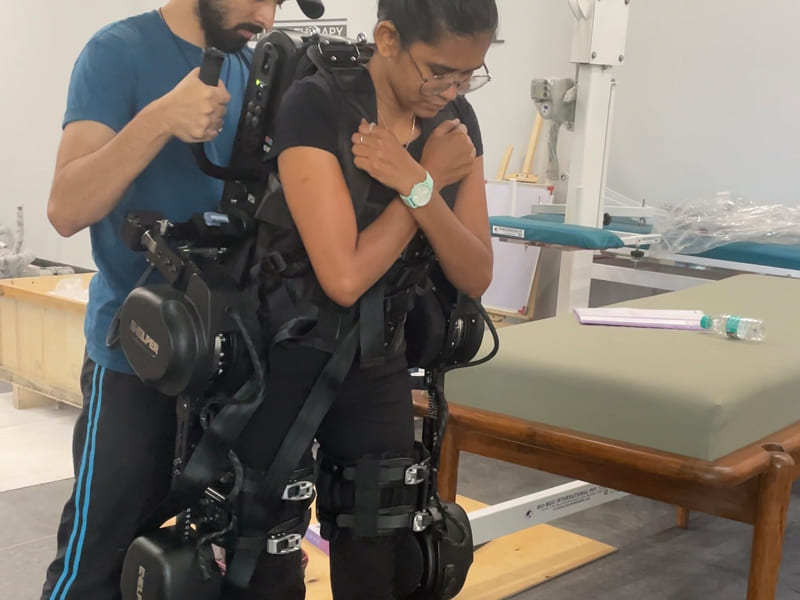
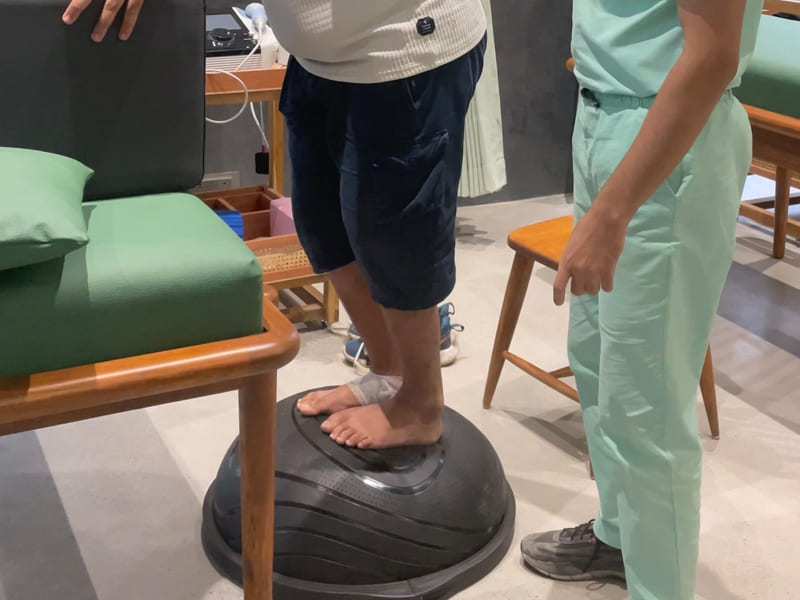
Due to underlying condition When the myelin is damaged nerve transmission is affected and the axon is vulnerable to damage leading to weakness and impaired sensation. Despite the condition being degenerative physiofit robotic neuro rehab can be helpful at any stage of your condition in order to maximise your potential, minimise the secondary effects of the condition and improve your quality of life. Neuro rehab goal is to
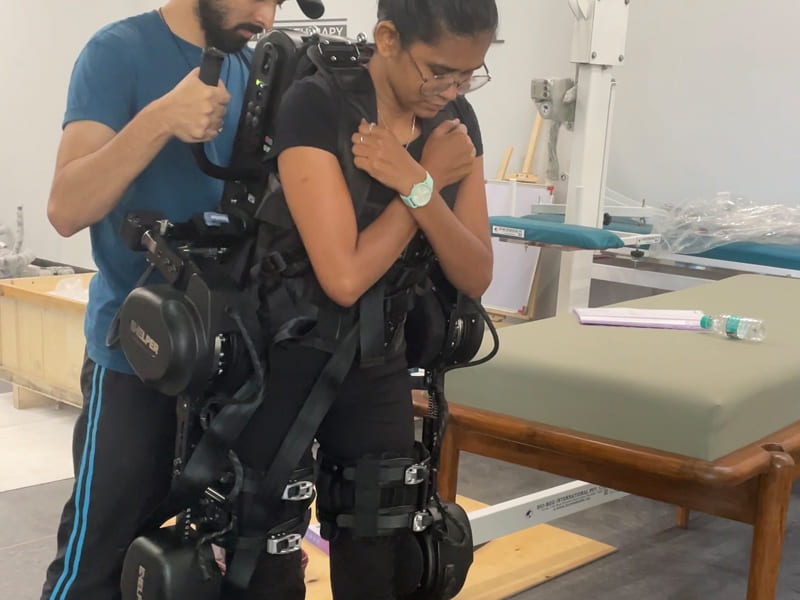
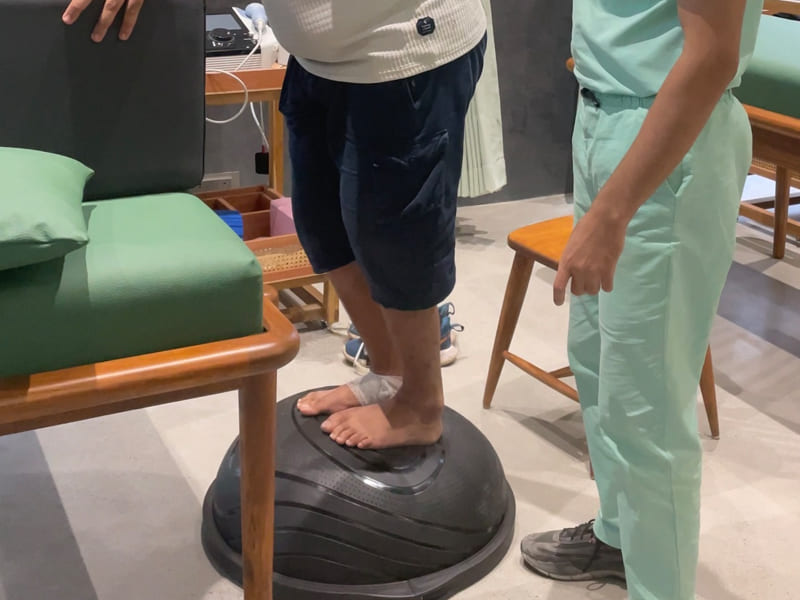
MS is a disease affecting the brain and spinal cord. It causes weakness and spasms throughout the muscles in the body and feelings of tiredness.
Following a neurological assessment, physiofit robotic neuro rehab can maximise your potential recovery by stretching and strengthening tight and weak muscle groups and retraining normal patterns of movement. Our rehab approach can also increase your energy levels following an exacerbation of MS.
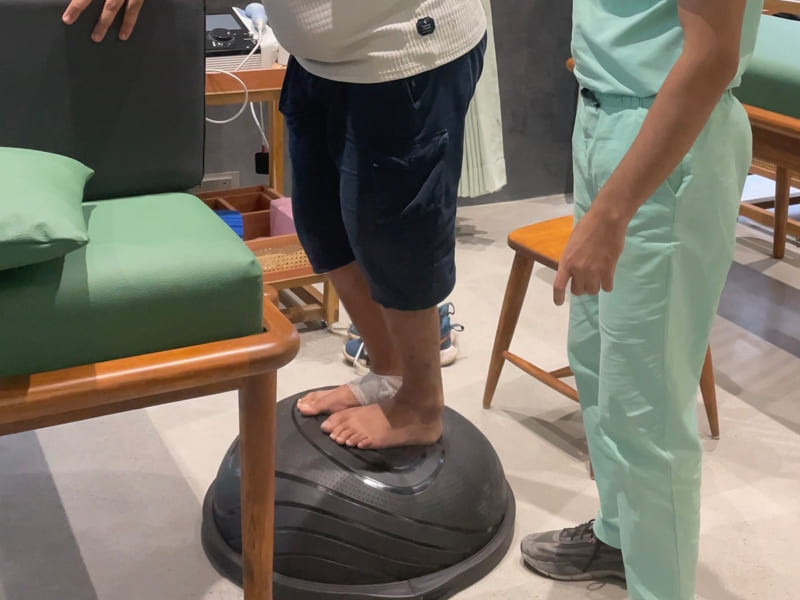
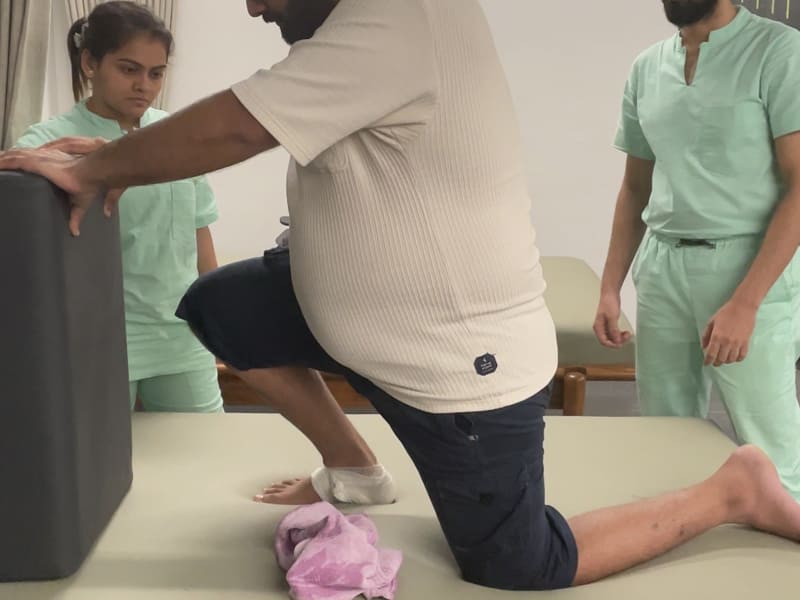
Ataxia, meaning "lack of order" is the term used to describe lack of coordination of movement due to underlying neurological dysfunction in parts of the brain such as the cerebellum.
Physiofit robotic neuro rehab aims to maximise a person's functional ability and potential thereby improving quality of life by mean of Improving mobility, independence, balance and coordination, confidence, muscle strength & Reduced number of falls

its occur when the nerve controlling the muscles of face (VII cranial nerve) becomes inflamed in its bony canal which affects the transmission of nerve impulses leads to Facial weakness. Bell's palsy can impact on a functional level causing difficulties eating, drinking and talking and on a psychological level due to the altered appearance of your face which may affect self-esteem levels and social functioning. Physiofit robotic neuro rehab treatment can be of benefit to speed recovery by mean of
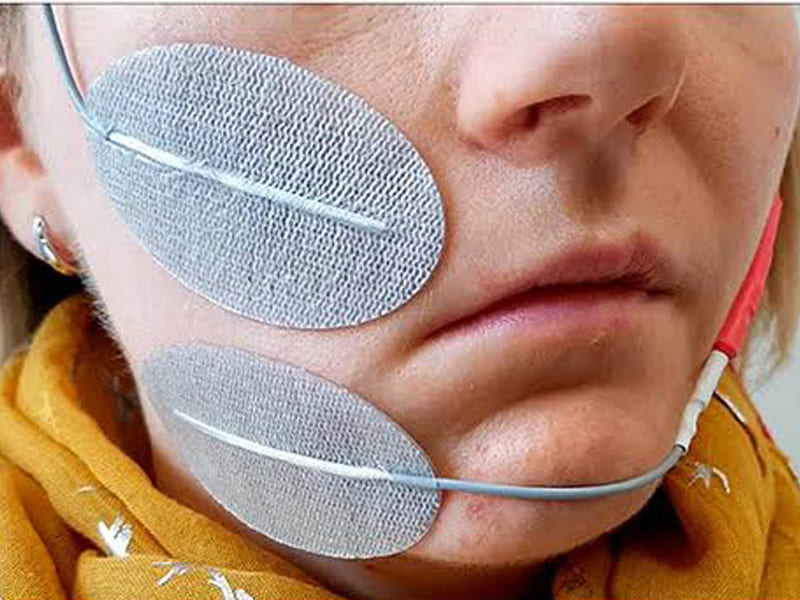
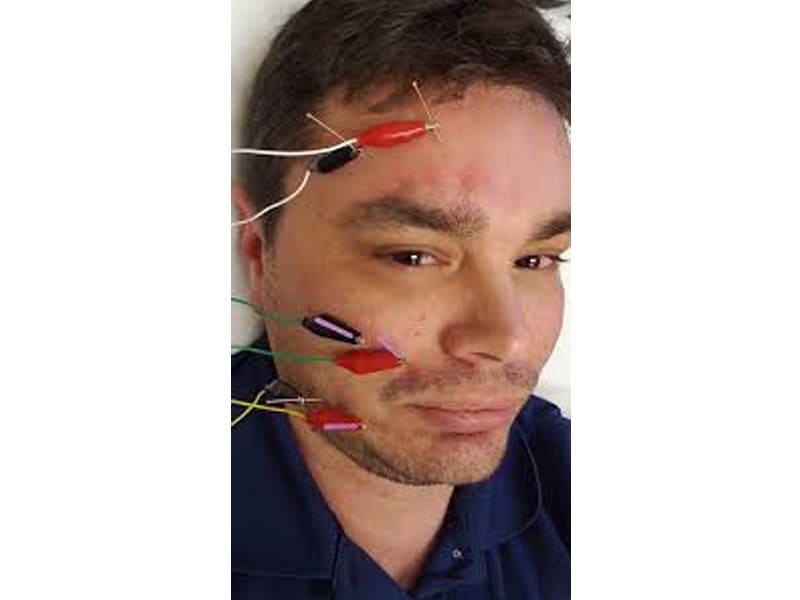
Cerebral palsy is a “non-progressive” disorder. This means that as children get older, their CP will not worsen. If following issues persists, this can impact an individual’s overall well-being as an adult like Weakness due to muscle abnormalities, bone deformities, overuse syndromes and arthritis, Increased pain, Fatigue, Repetitive strain injuries. All this leads to Premature aging, Walking disorders, Post-impairment syndrome, Mental health conditions, Challenges in the workplace.
Physiofit robotic neuro rehab aims to maximise a person's functional ability and potential thereby improving quality of life by mean of Improving mobility, independence, balance and coordination, confidence, muscle strength.
